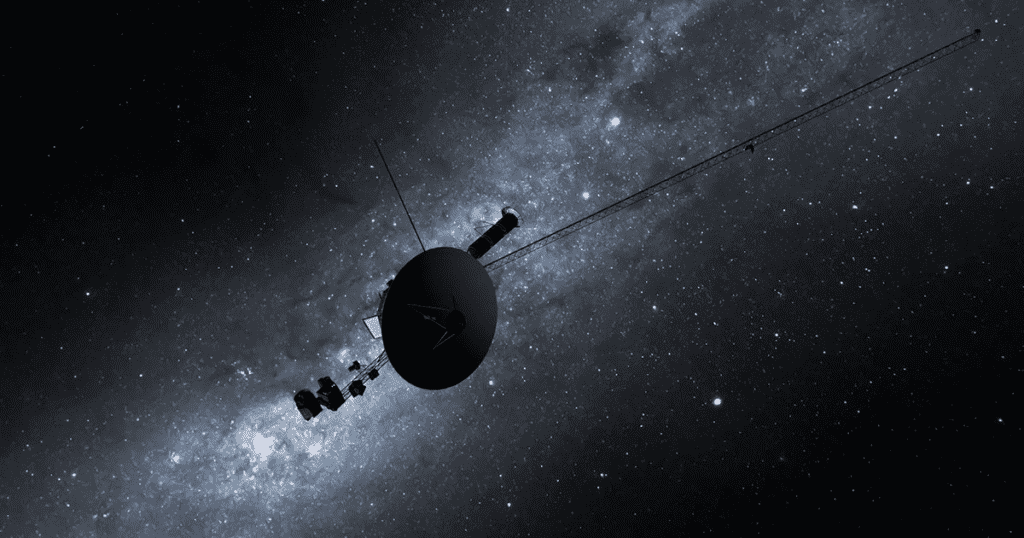Theoretical physicist Michio Kaku states that he often gives his students a specific thought experiment. It involves calculating the probability that they wake up on Mars tomorrow, due to the vagaries of the theory of multiple universes.
Kaku writes in a New York Times column about the unique field of quantum physics, which pits the possible versus the likely.

“Quantum theory,” Kaku writes, “is based on what is known as Heisenberg’s uncertainty principle, allowing for a small probability that we can exist even on distant places like Mars.”
Given this principle, “there’s a tiny but calculable likelihood that our quantum wave will tunnel its way through space-time and wind up there.”
The reality is that “when you do the calculation, you find that for [you to wake up on Mars], you’d have to wait longer than the lifetime of the universe.”
However, there’s still a chance. With the help of simple metaphors, Kaku reinforces his belief that reality is, paraphrasing the British geneticist J.B.S. Haldane, “not only queerer than we suppose, but queerer than we can suppose.”
It’s extremely unlikely that you will wake up on Mars tomorrow. If you did, the extreme cold and lack of a breathable atmosphere would bring extreme survival challenges.

Still, unlikeliness does not imply impossibility. This is why quantum physics, and its quest to explain the origins of the universe down to the level of quantum uncertainty, make all the difference in the worlds that exist, have existed, or could exist in the future.


